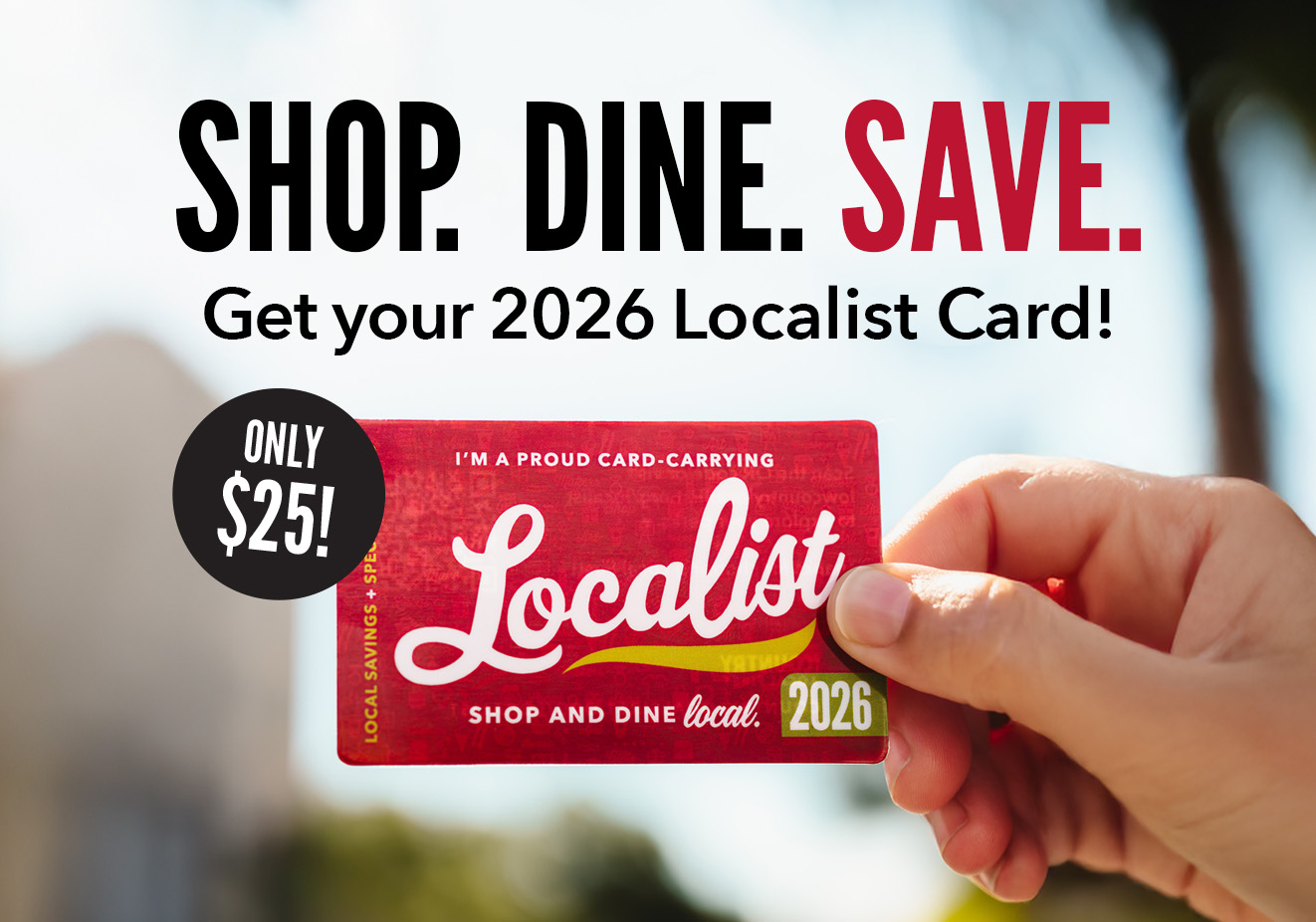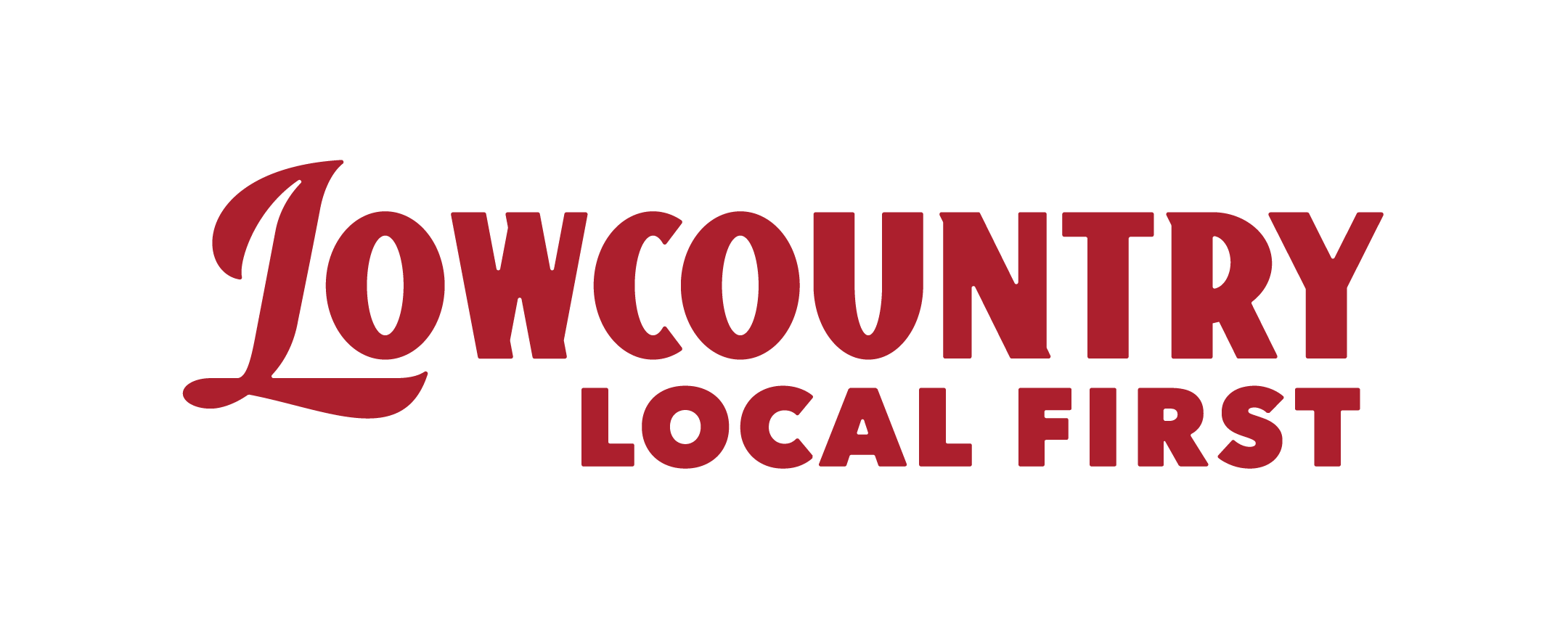Guest Post: There’s No Business To Be Done On a Dead Planet
The below guest post has been provided by 2023 Good Business Summit attendee, Belvin Olasov, co-director of the Charleston Climate Coalition // Photo provided by Foxworthy Studios
“There’s No Business To Be Done On a Dead Planet,” the environmentally-focused Beyond Profit panel closing out the Good Business Summit, featured four heavyweights in the environmental and conscious business arena:
– Stacey Bailey, COO of digital marketing agency Reason One, fresh off of B-Corp certification and ready to spread the good word;
– Bryan Cordell, executive director of the Sustainability Institute, local eco-institution nonprofit dedicated to marsh restoration, weatherization, and green buildings;
– Kindall Brantley, sustainability specialist at Amplified Ag, who worked to make the sustainable agriculture company as internally green as possible;
– Rick Crawford, founder of Emerger Strategies, a consultation business that aims to make reducing your business’s carbon footprint easy, serving both as MC and expert.
Throughout the session, the panelists shared honest, heartfelt advice on how sustainability practices can be hard work that pays off. Bailey spoke to how hungry young professionals are to work for socially responsible businesses, so centering these practices makes recruiting easier. This extends to customers, too – consumer loyalty arises from a sense of aligned values. More and more, folks are looking to reward sustainable practices with their patronage.
Addressing how to get started, Brantley recommended talking to all your stakeholders, from your workforce to your customers to your partners, about their pressing concerns and where they see potential for improvement. Crawford has a simple strategy when he begins with clients: measure your waste, water, and energy usage, then try to reduce those numbers. Bailey drew on her own experience to advise looking at operational policy. Reason One has two paid volunteer days a year for employees, a structural guarantee that they’re putting out work into the community. Cordell told folks to find early wins – you can still set ambitious goals, but you need to find the achievable, short-term victories to successfully center these practices long-term.
There were plenty of successes for the panel members to share. Cordell exclaimed how many folks show up for wetland restoration work, citing how much love for conservation there is in the Lowcountry. Amplified Ag’s goal to lower food loss and waste by 50% by 2030 ended up coming true by 2022, a full eight years ahead of schedule. Crawford moved a client’s energy bill from a six figures cost to a net profit gain.
The panelists discussed greenhushing, a new phenomenon where companies are embarrassed to share environmental wins for fear of greenwashing accusations. Everyone agreed – share your wins! So long as metrics are involved, sharing wins gives accountability and can inspire other companies.
In talking through the issues orgs can face in measuring their sustainability performance, the panelists were frank about the challenges. Cordell and Brantley touched on the difficulties in third-party certification when businesses can be so different in their operations and practices, with Brantley noting that even within Amplified Ag, there’s manufacturing, software, research, and farming departments, all with different measurement needs. The core requirement for success, Cordell said, was having a dedicated person, with either someone on your team taking the role or hiring someone like Rick Crawford to be the sustainability point-person.
Climate crisis came through as a core “why” they do what they do – the business case for sustainability being that without it, one day you won’t have a business, thanks to sea level rise, flooding, hurricanes, extreme heat, and more. Cordell emphasized how marginalized communities are hit first and hardest by climate change, how one in three people in the Southeast are energy insecure, and how we have to move a lot quicker than we have been.
The panel closed with a discussion of what gives them hope. Brantley discussed the human impact of their work, getting food in people’s hands. Bailey was excited by businesses using their voices to push for policy, and how keyed-in young folks are to the world. Cordell spoke to how, in his decade-plus in the environmental field, he’d never felt so much positive energy. We’re living through something new, a real window of opportunity, he said – it’s not just the Inflation Reduction Act pumping in funds for energy work, but it seems like folks are especially engaged and ready to throw themselves into action.
The title gave the session its stakes, but in the end, the takeaway was not the fear of a dying planet but the joy and reward of dedicating some portion of your business to a living planet. Through changing operational policy, measuring progress, and engaging with stakeholders, any business can tie in to the greater fabric of environmental progress in the Lowcountry. By doing so, you connect with a growing cohort of sustainability-focused consumers, nourish your own workers with a sense of accomplishment, and make a difference during the high-stakes age of the climate crisis.

